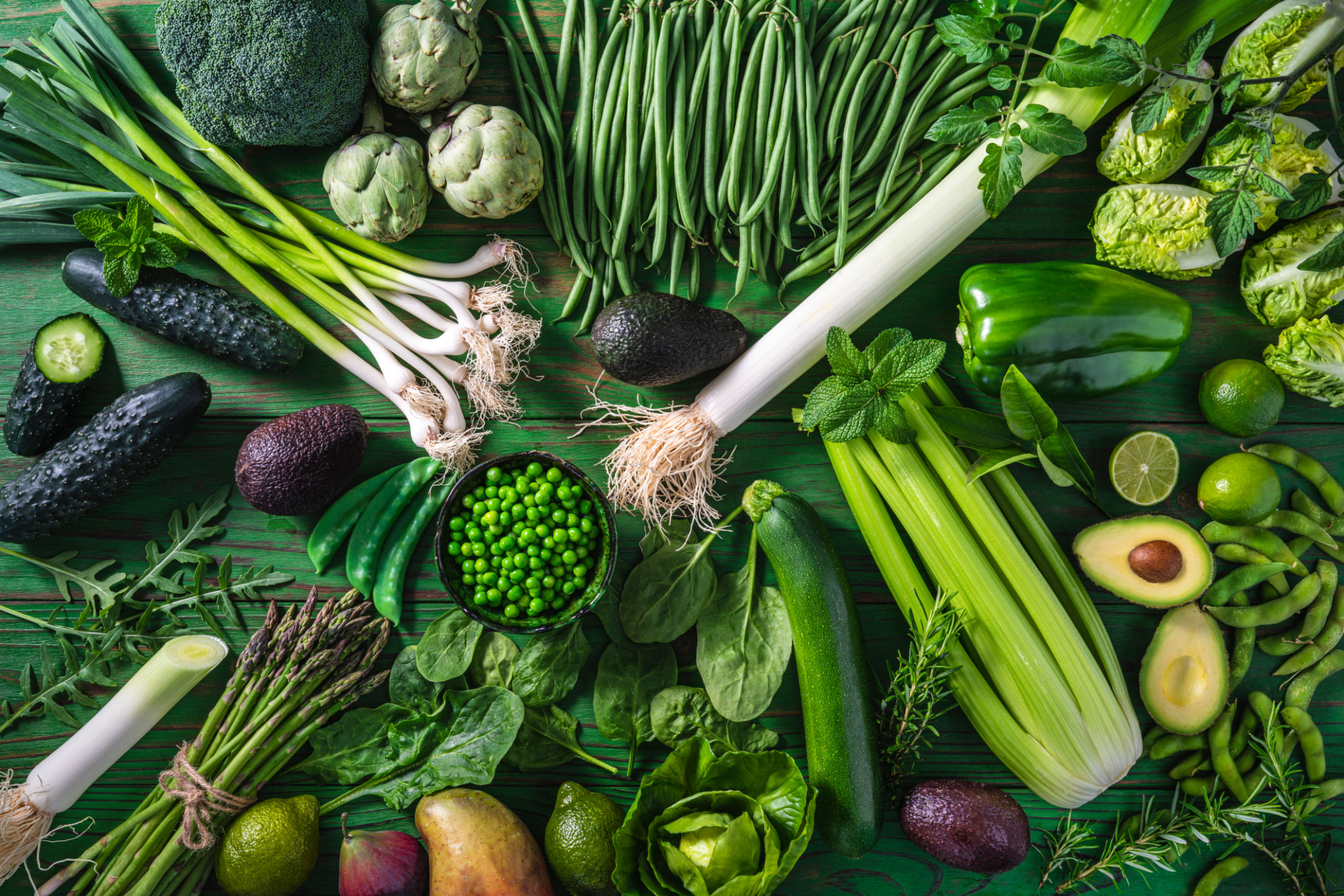The Benefits of Seasonal Eating: A Vegetarian's Perspective
Introduction to Seasonal Eating
Embracing the rhythm of nature through seasonal eating is not just a trend; it's a lifestyle choice that offers numerous benefits, especially for vegetarians. Eating produce that's in season allows us to connect with the environment and enjoy foods at their peak flavor and nutritional value. But what does seasonal eating really mean, and why is it significant for those who follow a vegetarian diet?
Maximizing Nutritional Benefits
One of the primary advantages of seasonal eating is the enhanced nutritional content of fruits and vegetables. When produce is harvested at the right time, it retains more vitamins, minerals, and antioxidants. This means that a seasonal diet can significantly contribute to a vegetarian's health by offering a variety of nutrients that are crucial for a balanced diet.
For instance, winter squashes are rich in vitamin A and potassium, while summer berries are packed with vitamin C and fiber. By rotating your diet with the seasons, you can naturally diversify your nutrient intake without much effort.

Supporting Local Farmers and Communities
Another compelling reason to eat seasonally is the opportunity to support local farmers and communities. Buying locally grown produce reduces the carbon footprint associated with transporting food over long distances. Additionally, it helps sustain local agriculture, ensuring that small farmers can continue to operate and thrive.
When you choose to purchase seasonal produce from nearby markets or farm stands, you're not only getting fresher ingredients but also contributing to your local economy. This symbiotic relationship between consumer and farmer helps build resilient communities.
Environmental Impact
Seasonal eating also plays a role in reducing environmental impact. Out-of-season produce often requires significant energy resources for growth, transport, and storage. By eating according to the season, vegetarians can reduce their carbon footprint and promote more sustainable agricultural practices.

A Culinary Adventure
Eating seasonally offers a delightful adventure for the taste buds. Each season brings its own set of flavors and textures, encouraging vegetarians to experiment with new recipes and cooking techniques. This diversity prevents dietary monotony and keeps meals exciting throughout the year.
Imagine savoring a warm butternut squash soup in the fall or relishing a fresh tomato salad in the summer. These experiences make eating not just about nourishment but also about enjoying the rich tapestry of flavors that nature provides.
Cost-Effectiveness
Another benefit of seasonal eating is cost-effectiveness. When fruits and vegetables are in season, they are often more abundant and therefore less expensive. This makes it easier for vegetarians on a budget to access high-quality produce without breaking the bank.

Conclusion
Incorporating seasonal eating into a vegetarian lifestyle is a rewarding choice that offers numerous benefits. From boosting nutritional intake and supporting local communities to minimizing environmental impact and exploring new culinary horizons, eating with the seasons enriches both our bodies and our world. By embracing this approach, vegetarians can enjoy a diverse and fulfilling diet year-round.